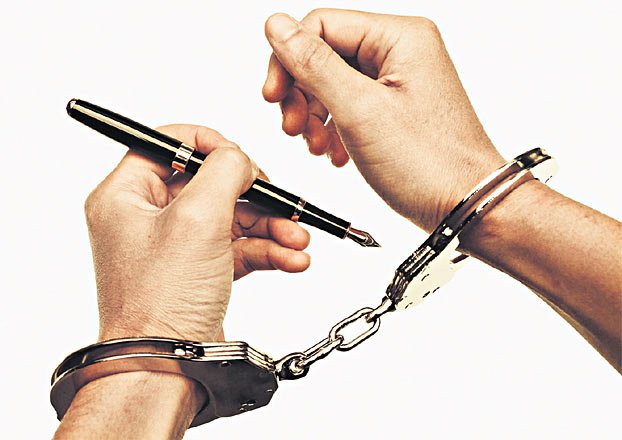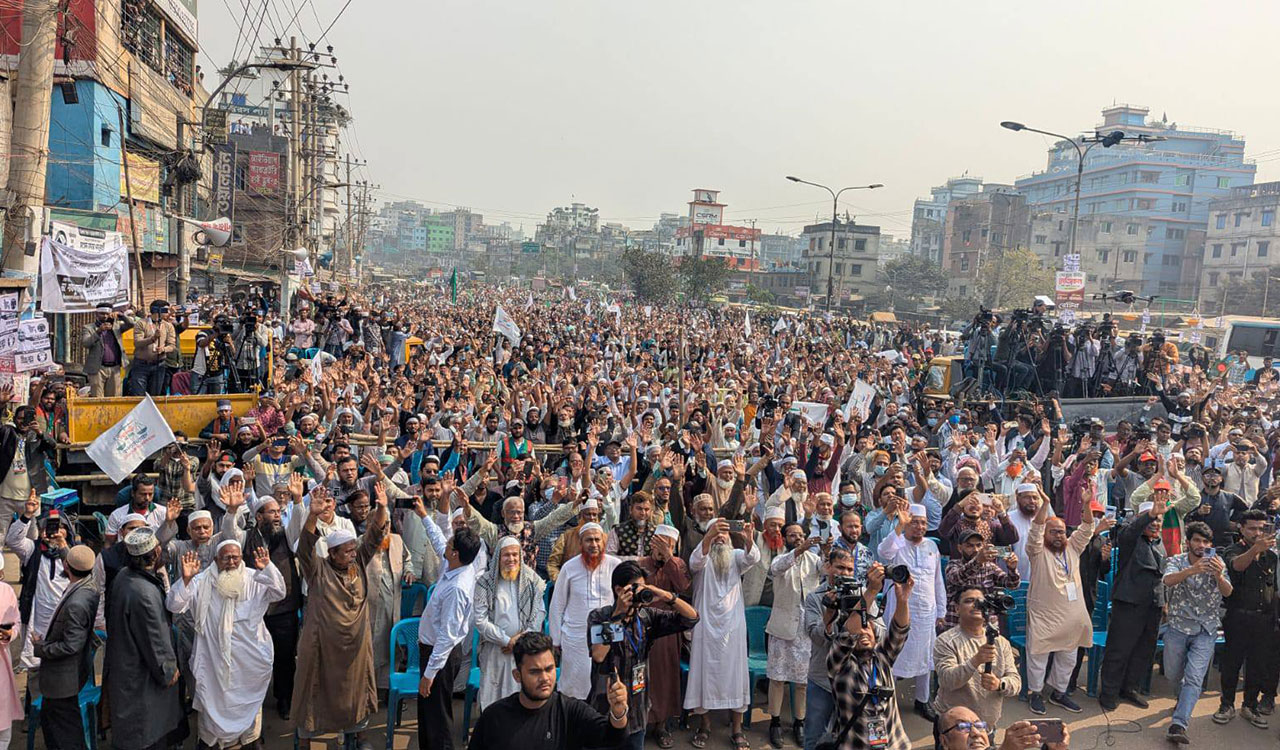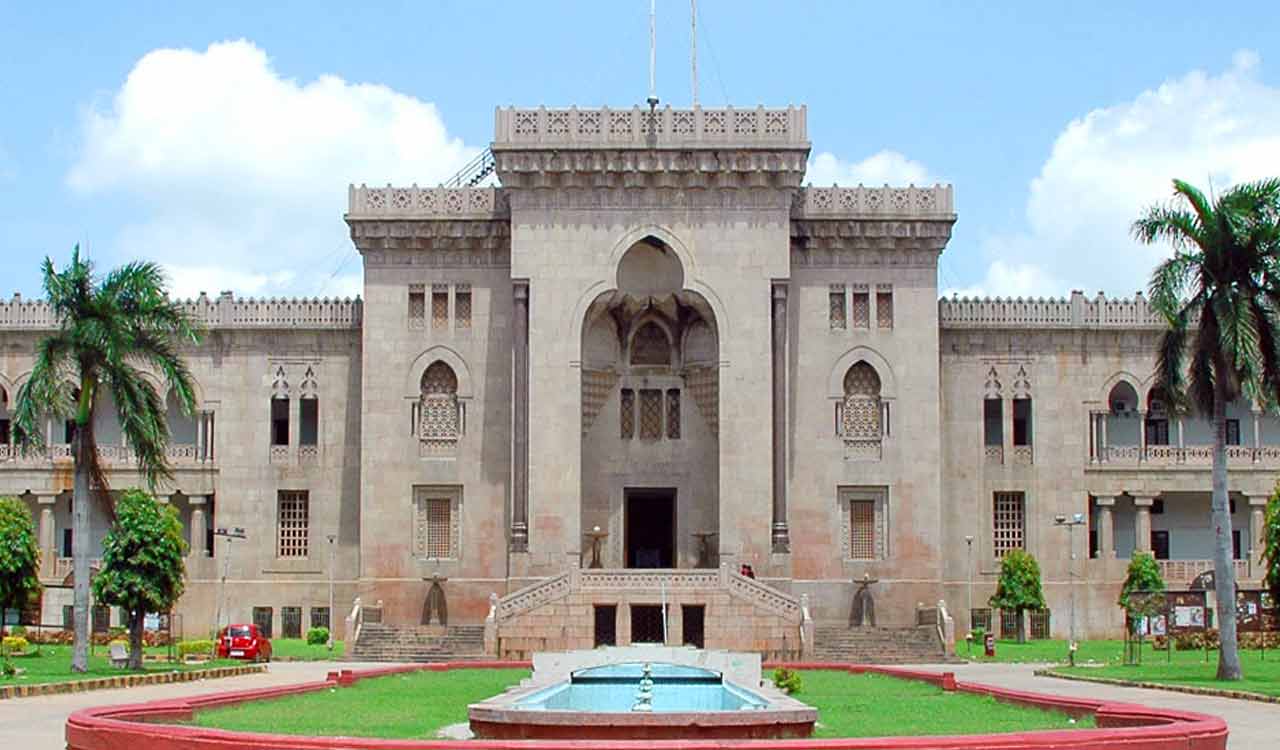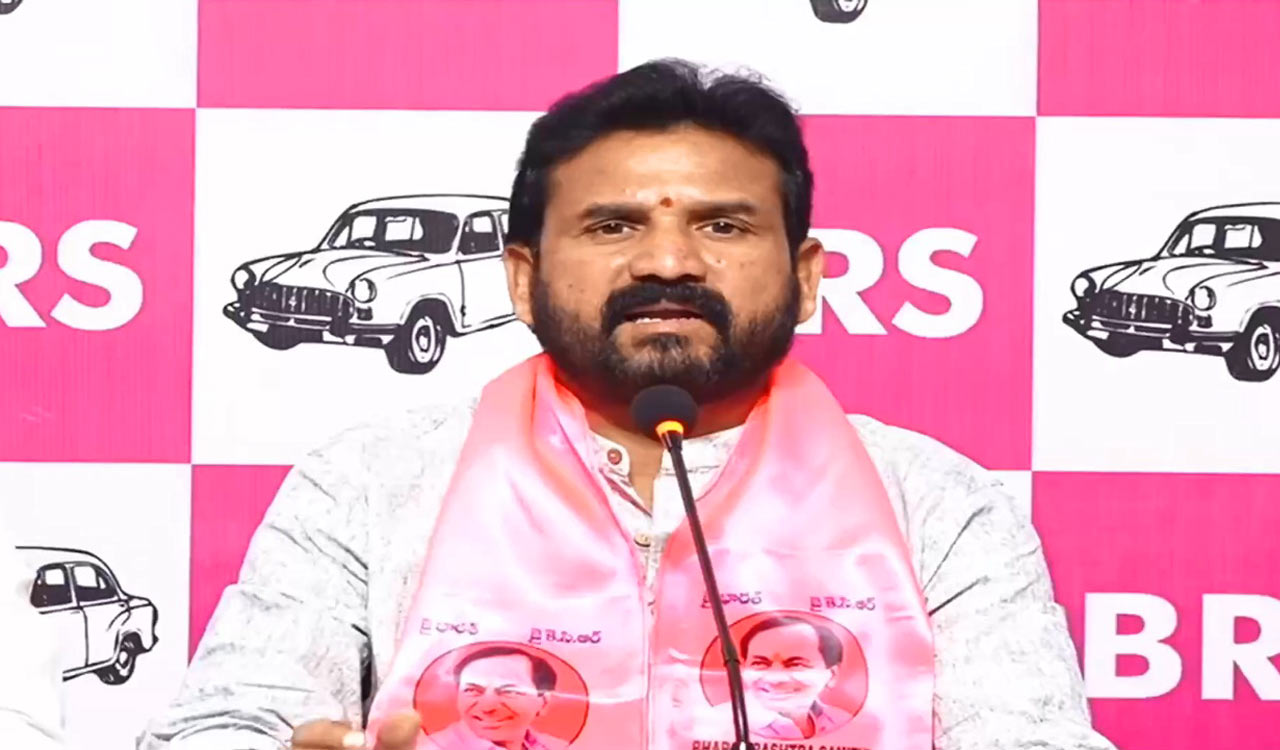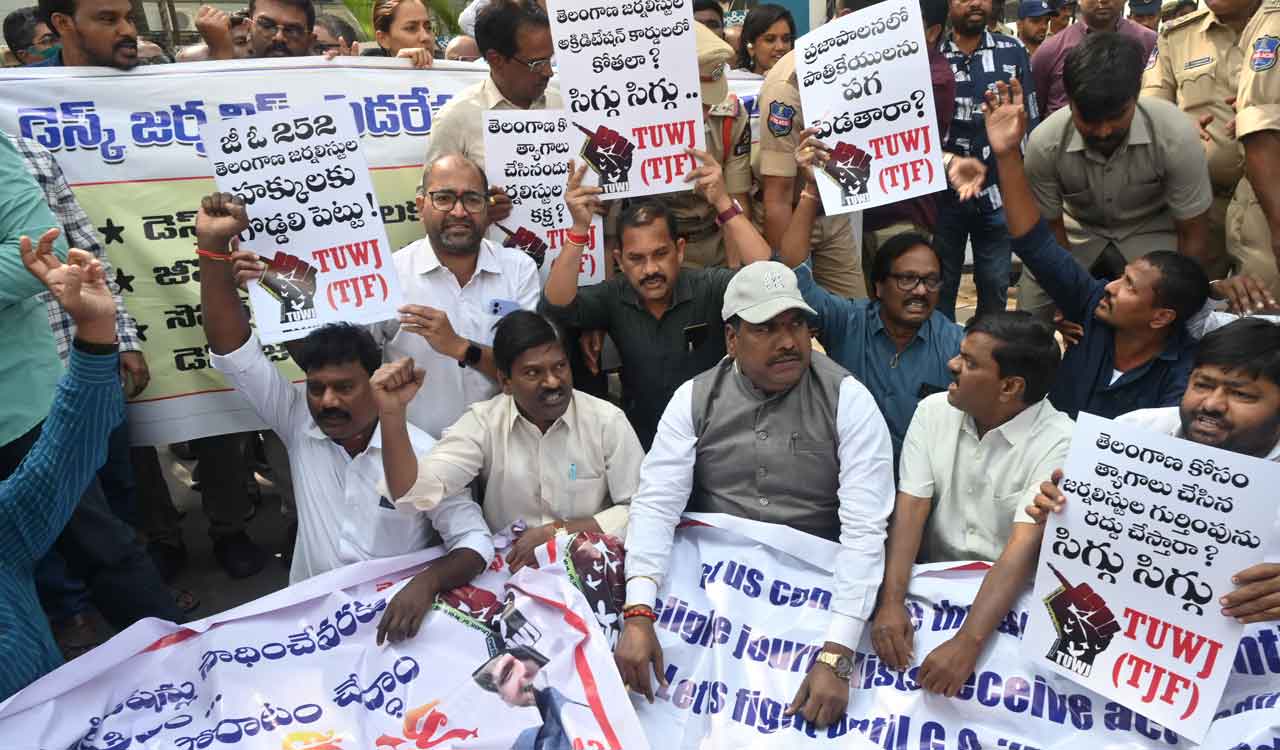Journalism in age of infodemic
Increasing use of sedition charges against journalists is an attempt to stifle press freedom and independent media
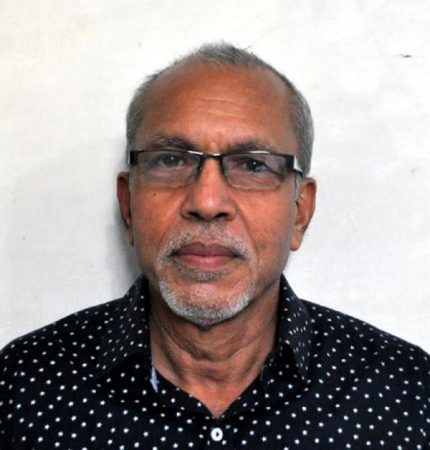
Journalism has become a dangerous profession. Globally, there is an increase in the number of attacks on journalists in the last few years. Over 600 journalists have been killed across countries in the last 6 years. Nine in 10 cases remain unpunished. Impunity reigns. Hundreds of journalists are imprisoned and on a daily basis, journalists are threatened, harassed, attacked, beaten and detained.
The Covid-19 pandemic has added to the problem and helped in weakening of fundamental rights such as freedom of expression, the right of access to information, and the right to privacy in many parts of the world. Several governments have declared a state of emergency, resulting in serious curtailment of key rights.
India, the world’s largest democracy, is one of the countries where freedom of expression and freedom of the press has been facing serious challenges in the last few months. Despite many protocols and guidelines, journalists continue to face threats to their safety.
Under Attack
Increase in the use of sedition charges against journalists in India and attempts to stifle press freedom by filing cases against journalists under different sections of the Indian Penal Code have worried national and international freedom of expression groups and journalists’ bodies. The latest is the move of the J&K Estate department to evict Kashmir Times, one of the oldest dailies of the Valley, from its office. The action has drawn widespread condemnation as it smacks of vendetta and is an outrageous bid to intimidate the media in the Union Territory.
On October 5, a Kerala-based journalist, Siddique Kappan, who was trying to reach the family of the rape victim in Hathras, Uttar Pradesh, was arrested and charged with sedition. The authorities did not allow the representatives of Kerala Union of Working Journalists (KUWJ) to meet Kappan, who was detained in Mathura jail. A Mathura court on October 16 dismissed an application filed by the KUWJ seeking permission for them and a lawyer to meet him. On October 20, the court extended the judicial custody saying that the police were yet to complete the probe.
The Editor and owner of Gujarati News portal Face of the Nation, Dhaval Patel, was arrested for publishing an article, purportedly claiming that Chief Minister Vijay Rupani might be replaced over his handling of the pandemic in the State. The city crime branch registered an FIR against him on May 8 under sedition law and the Disaster Management Act. Similarly, a case was registered against senior journalist Vinod Dua who was accused of sedition by a BJP leader in Himachal Pradesh.
International Concern
The International Federation of Journalists (IFJ) and International Press Institute (IPI), the two leading international media freedom organisations, in a joint letter to Prime Minister Narendra Modi on October 22 accused the government of using the health crisis as an excuse to silence those who have exposed shortcoming in the government’s response to it.
In the letter, the IFJ and IPI, urged Modi “to take immediate steps to ensure that journalists can work without harassment and fear of reprisal and to direct the State governments to drop all charges against journalists, including those under the draconian sedition laws that have been imposed on them for their work”.
Unesco Guidelines
In view of the increasing number of court cases against journalists for their professional work, particularly at the time of the pandemic, the Unesco has issued guidelines for judges and courts, both at national and regional levels, that can serve as references to apply the frameworks of international law and human rights standards to protect and promote freedom of expression.
The guidelines deal with the implications of a state of emergency and exceptional measures with reference to prevailing international law. These guidelines define the requirements and criteria under which the adoption of restrictive measures on the fundamental right of freedom of expression is justifiable.
The Unesco has been developing, since 2013, comprehensive programmes to raise capacities of judges and judicial actors (prosecutors, lawyers) and civil society on international and regional standards on freedom of expression and safety of journalists. We hope these guidelines will support the work of members of judiciary and prosecution services in upholding the rule of law, freedom of expression and safety of journalists during and beyond the pandemic.
In India, these guidelines are of great significance in the context of the present criticism by legal experts, including by even former judges against the state of our judiciary. The role of independent and vigilant media in checking disinformation is critical during such a health emergency. During the Covid-19 crisis, there has been an overabundance of falsehoods, which has been produced and shared with malicious motivation.
In India, communal hatred was spread at the initial stages of the pandemic by blaming the Muslims for the spread of the pandemic in the country after a number of persons attending the Tablighi event at Delhi tested positive for Covid-19. The critics of the Modi government say the hasty imposition of the lockdown without preparedness, banging of utensils and lighting of lamps were part of an infodemic to stifle the countrywide anti-Citizenship Amendment Act movement.
The Unesco guidelines recommend principles to follow when dealing with the spread of falsehoods during the pandemic, including open communication by national authorities, promotion of independent media and media literacy, and due diligence on the part of social media companies to combat hate speech.
Hand in Glove
While the government instead of promoting independent media is punishing it for exposing the truth, a section of social media companies is colluding with the repressive policies of the government. A top public-policy executive of Facebook in India reportedly said that punishing violations by politicians from Modi’s party would damage the company’s business prospects in the country.
An exclusive report on the compromises of Facebook with powerful politicians on hate speech was published in the Wall Street Journal in August. Now the greatest challenge before independent and responsible journalists is to combat the disinfodemic spread by state and non-state actors and assert strongly that journalistic work cannot be equated with sedition or undermining security.
(The author is a senior journalist from Assam)
Now you can get handpicked stories from Telangana Today on Telegram everyday. Click the link to subscribe.
Click to follow Telangana Today Facebook page and Twitter .
Related News
-
KCR extends Ramzan greetings on Ramzan commencement
3 mins ago -
Traffic diversions announced for Chatrapathi Shivaji Jayanthi procession in Hyderabad
3 mins ago -
Harish Rao questions Delhi review on Telangana government’s performance
10 mins ago -
ABVP protests at TG BIE over delay in issuing hall tickets
17 mins ago -
BRS workers booked under SC/ST Act after stand-off with Mynampally Rohit
25 mins ago -
Toddy tapper electrocuted in Sangareddy
30 mins ago -
Invincible US Infrastructure Eyes Rs 100-Crore Fundraise; Bets Big on Solar-Powered Data Centres
39 mins ago -
SCB approves garbage transport tender and official records digitization
40 mins ago

